By Matt Rogerson
Matt Rogerson takes a look at perhaps the most accomplished horror of Black Cinema, Bill Gunn’s Cannes Critic’s Choice prize-winner from 1973.
"Tell your boss I'm here."
"I AM Doctor Green."
This short exchange in Ganja & Hess sums up Bill Gunn's staggering film for me. An ignorant young white man who thought himself educated, I watched Ganja & Hess expecting a blaxploitation flick, lowbrow and, to me, ultimately disposable. I had seen and enjoyed William Crain's Blacula and William Girdler's Abby, but I had, in my ignorance dismissed them as cynical knock offs (not realising the importance of representation, of having black audiences make the same connections with cinema that I took for granted), and in doing so dismissed Black cinema.
What I got was an education.
Bill Gunn's script is poetry, his direction (and James E Hinton's camerawork) lyrical and sublime. Sam Waymon's score is incredibly resonant, and Ganja & Hess would not be the same film without it. Disparate soundscapes intrude upon every scene, aural cues crashing into each other like foaming waves, seemingly taking all of civilization and compressing it into a single hammer blow, the perfect representation of the hell that Dr Hess Green (Duane Jones) is put through.
Duane Jones and Marlene Clark are fantastic. Their chemistry is incredible as they embark upon a love affair that will bring each more torment as they explore it together. Though they both succumb to the tortuous immortality of vampirism, their union will not last forever, and will in fact come to an abrupt and quite painful end.
Watching Ganja & Hess was like an awakening. It is arthouse cinema, an auteur's work if auteur theory wasn't some bullshit made up to revere white male directors and lock everyone else out of the clubhouse. Lyrical, sensual, erotic and narcotic, sublime and contemplative yet violent and apocalyptic. It also has a subtle surrealism running throughout it, its languid, hypnotic pace almost dreamlike, its saturated daylight scenes hallucinatory in quality. The most wonderful addition to vampire lore, it is everything that growing up in a dominant white society taught me NOT to expect from Black cinema. It surprised and challenged my ignorance in all the right ways, and I love it for that.
But I only truly cherished the film after watching it with Black friends and realising what it means to them. Its importance in Black cinema cannot be overstated. Only after discussing it with my friends did I come close to really understanding what it means to them – the commentary around black assimilation and white cultural colonialism, the redemptive power of Christianity to people for whom life on earth has always been an unfair struggle, and just the sheer joy of seeing someone who looks like you in such a nuanced, intellectual drama that has become known as a genuine classic of genre cinema.
Ganja & Hess is erudite yet apocalyptic, contemplative yet primal, and may be the most valuable addition to vampire lore since F.W.Murnau exploited Bram Stoker's Dracula in bringing Nosferatu to the screen.
Ganja & Hess (1973) is available on Amazon Prime in the US. LINK HERE or available on Blu Ray from Kino Lorber on Amazon Here too.
TRAILER
Have you listened to our podcast yet? It’s Beyond The Void Horror Podcast. You should! We do Reviews of new/old movies, Horror Themed Shots, Trivia & we even make up horror movies on the spot for our segment called GravePlots. It’s a lot of fun. Join us. Check it out! Listen on iTunes Here or on Spotify here! OR anywhere you listen to podcast.






